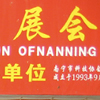仍然继续一些「基础系列」的指引。不知道是不是知道一些 Typography 的人都有或多或少的强迫症,日常看到一些 Typo 错误就会抓狂,于是生活痛苦不堪。在回国一段日子之后,强迫症终于迫使我写下这个注意事项的系列文章。这个指引针对西方文字的排版,部分规则对中文排版有借鉴作用。
注:本文原文为十条,写下后发现漏洞较多,激烈争论后决定将后七条比较复杂的分开详细写,以不致草率和业余。
1. 避免错误的拼写和翻译

这一点无需多说,可笑的例子太多太多。最近极端的例子是一间叫「翻译服务器错误」(Translation Server Error)的中国餐馆。想说 Chinglish 是一个新文化的另当别论,但对于严肃的英文使用场合,翻译的错误是致命的。
另一个是拼写问题,比如左图消失的空格,或者无数名片上的 「Http:www.xxx.com」,以及莫名奇妙的忽然大写和小写,都是英文排版里的硬伤,不但影响阅读,而且影响理解。对于名字的翻译,中国的标准应该是:Beijing、Hu Jintao、David Zhang 和 Heping Road,而不是 Bei Jing、Jin Tao Hu、David zhang 和 HE PING Road。因此要避免翻译和拼写错误,唯一的建议是在使用英文前请尽量请专业人士校对,至少绝对避免用软件直接翻译。
2. 避免挤压或拉长字体

Image: Life in Asia@Flickr,左:Helvetica Neue Condensed Bold;右:Helvetica Neue Bold Extended
很多情况下英文由于配合空间的需要,被任意的挤压或拉伸,这都是非常不可取的。事实上,很多常用的英文字体大多已经精心设计了不同宽度的字型,比如较窄的 Condensed 系,和较宽的 Extended 系。这些特定的系列都是设计师最大化地保留了字体的特色,以及对于可读性、识别性等等上进行了优化所生成的,比设计软件机械地缩短拉伸的结果要理想得多。这一点对于中文字体也同样适用。





21 个相关讨论
你自己都拼错了,是Hu Jintao不是Hu Jingtao吧。
多谢指正,认错。汗。。
haha Translation Server Error … That was a good one.
I don’t think the formation of Chinese name should be what you have suggested.
I will prefer Hu Jin Tao rather than Hu Jintao, because there are 3 characters.
Without the caps and spaces it is very difficult even for me to pronounce and differentiate the characters. consider the situation of Wang jiameizi, who is my chinese classmate, it is so difficult to decipher.
Every publishing house has its own “house styles” to names, punctuations etc., i dont think thoese formats are fixed. (please refer to Book Typography for samples of different “house styles” or the current Olympic Games, they put family name all in caps and other in lower case. )
Rather to lay out the law for design, my dear co-author, maybe we should consider the elasticity and flexibility of rules and dogmas.
(please give other authors the right to add notes and thinkings into the article).
中文名的西化是一个国家标准的问题,不存在所谓的“House Style”。这个是要严格遵守的。这个与之前的一些排版规则不一样,翻译的标准是信息交流的必要基础,而非出版社排版设计的风格而已。
姓氏大写,名字小写是国内外大型活动会议通行的一种规则,比如 HU Jintao,并不是这次奥运会的“House Style”。
可参见 http://en.wikipedia.org/wiki/Pinyin#Capitalization_and_word_formation
关于 Add Notes 的功能不大明白,私下讨论。
PS。港台的标准应该是按音节区分的,名字的多音节中间加连字符,比如 Ma Ying-jeou和 Donald Tsang Yam-Kuen。但地名似乎就不加,比如 Sham Shui Po。可以认为他们的方法更合理,但这也是他们的法定标准,不是特区政府或者国民政府的“House Style”。
继续。1976年9月修订的《中国人名汉语拼音字母拼写法》
http://www.jiaodui.com/Article/Class73/Class94/200506/1749.html
以及国际标准组织 ISO 1982年8月的文献《中文罗马字母拼写法》
http://www.moe.edu.cn/edoas/website18/85/info13185.htm
please dont be so military, ppl should feel free to implement their own roles when they found the existing ones are not sensible. it has always been the big factor of design evolution. I don’t agree your attitude of “it is right because it is in the book” or “it is legitimate coz it is written in ISO”..
Think, not just follow.
创新和创意是有一个范围的,做艺术品没有界限,做严肃的英文出版物时与国家的法律抵触来表达自己并没有意义。
after all, I think you have noticed my attitude towards so-call “Basics”. it is too dogmatic. I am not saying roles are bad, but we should at least encourage thinking, trigger debates & share the knowledge. (and love)
i would rather prefer you to post the encounter of design, to express your feelings rather than telling ppl what is absolutely right and what is odiously wrong. it is hideous in itself.
yes, policemen.
point taken. you are god now.
Mr Policeman. Btw, the Typo Policeman something stickers are interesting. Maybe pointless to a creative god.
你这一代的人觉得Hu Jintao不能读
我这代的人就会觉得Hu Jin Tao碍眼
西化是大趋势,从了吧
我不知道这算什么,这文章犹如繁文礼节,应该如何这种话其实有点无聊了,这个世界需要变化,突破,即使是错的,我想说挤压也不是不可以。只是如何把握。
赞同。
苦等后面的七条~
这种简单的规则介绍受到诸多批评。已经暂停了。
写出来讨论一下也好嘛~实在是很想知道剩下的是哪七条 :)
这就是中国人和日本人的差别之一吧。
我认为可以写成 Hu Jin-tao,在后面加一个连字号。